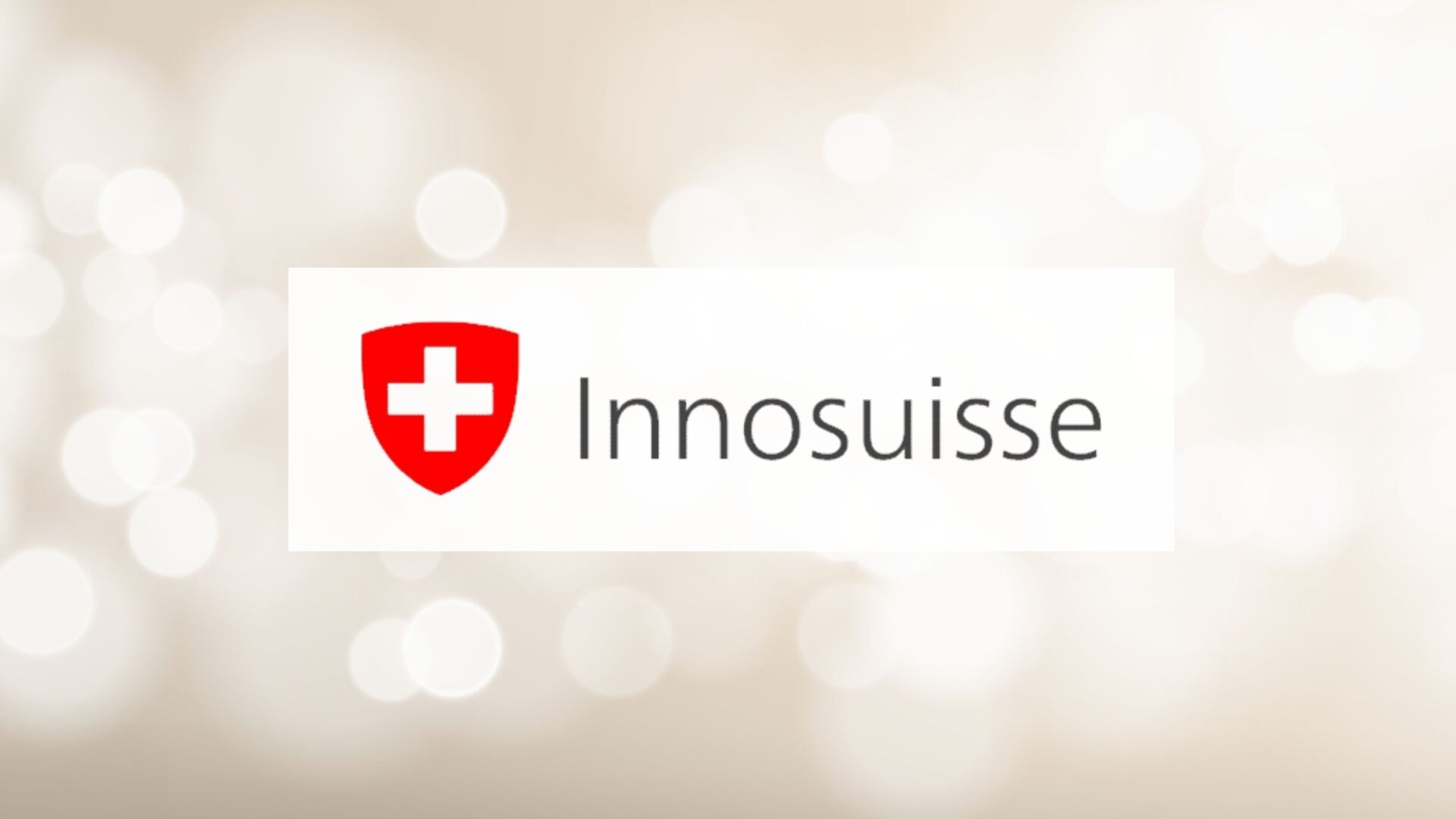Copyright on the web: how to avoid mistakes
Everything you need to know about content copyright
Copyright on the web is matter already discussed in the early days of the Internet. On the one hand we find those – like the programming genius Sam Williams, author of the prophetic and visionary book Free Code – who would like a copyright-free network, where the contents, and in particular the software, remain free to circulate and be shared. On the other hand we have artists, record companies, multinationals and authors who instead demand the application of safeguards and regulations to protect songs, images, books and so on. The question is not at all simple: if in the analog age controlling piracy and duplication of content was all in all trivial (think of the clumsy and now obsolete practice of "burning" DVDs at home), digital, by its very nature , has given a jolt to the very concept of copyright, causing problems for many players in the sector, large or small.
And so we found ourselves facing a completely different world, where the separation between what is legal and what is illegal has become extremely blurred. Today, copyright takes on many nuances depending on the country we are in and the regulations we have to comply with. However, it is clear that even from this point of view the Internet has messed up the cards, effectively breaking down geographical and even temporal boundaries. What used to be possible in a country is now no longer possible because the use of the content is extended dramatically thanks to the web. It is no coincidence that many governments with military or retrograde ruling classes in power envisage forms of censorship of content passed off as copyright protection. Things from another world? Unfortunately not: the reform of the European Union on copyright, according to some, could open the door to a change similar to that which has already occurred in China and other countries in the odor of dictatorship. Before looking at this risk, however, we will take a step back and try to fully understand the current digital copyright landscape.
THE CREATIVE COMMONS IDEA FOR ETHICAL COPYRIGHT

If it is true that online copyright looks like something much more complex and smoky than the traditional "paper" copyright, it is also true that someone, and we are not talking about politicians, has understood these critical issues and has decided to propose a alternative route. Thus, in 2002, on the proposal of Harvard University law professor Lawrence Lessig, the Creative Commons licenses were born, halfway between full copyright and the public domain. In essence it is a set of licenses which clearly and immediately illustrate which freedoms the author of a certain work has decided to grant and which conditions he has set for the use of the work itself, not only online but also offline.
Any content producer (blogger, copywriter, graphic designer, etc.) can decide which license to apply, without going through any registration or deposit. A bit as if the person autonomously affixed a shared virtual brand, capable of signaling to the rest of the community the rights and duties inherent to one's intellectual work. An intuitive mechanism, based on ethics and transparency as the cornerstone values of the network. And in fact the success of Creative Commons was rapid and unstoppable: in a decade the number of licenses multiplied infinitely, and today the CC symbol is used by realities such as CERN, INSTAT, the White House (at least for part of the site's contents), without counting platforms with millions of visitors a day such as Wikipedia. But one problem remains: if one decides to violate the Creative Commons licenses can do it without too much trouble. Luckily there are remedies to network scripts, let's see what they are.
PRACTICAL TOOLS AND SOLUTIONS TO STOP SCRIPTS
Who doesn't remember the exams at school and the ever-present script on duty? On the net the phenomenon is rampant and not a day goes by without a copyright infringement. Creative Commons licenses are valid tools to demonstrate the possible uses of a work, but not to block the bad guys. Ecommerce owners, bloggers, publishers and anyone who produces content consequently finds themselves living in fear of having the fruit of their work copied without any reward and recognition. As we said, there are different solutions to protect yourself. Some are preventative: for example, the Wp Content Copy Protection plugin, whose goal is to prevent users from right-clicking to copy highlighted content. Or the watermark to be placed on the images, in order to discourage unwanted reuse. It goes without saying that the most skilled will be able to get around even these obstacles, so it is good to implement further ones complementary monitoring and control strategies. We suggest trying Google's Report Scaper or the famous and appreciated Copyscape, among others. In this way it will be possible to verify if a content has been duplicated, avoiding, among other things, dangerous penalties by Google.
THE COPYRIGHT REFORM APPROVED BY THE EU PARLIAMENT

Having photographed the state of the art, it is now necessary to face with a brief excursus what, in theory, could become the biggest (and for some serious) revolution in the field of copyright, if only within the digital ecosystem of 'European Union. It is a reform which aims, in its intentions, to protect the copyright of individuals, but which ends up hitting small fish on the contrary, to the advantage of large publishers and multinationals such as Facebook and Google. This is the opinion of a large portion of those who work on the web everyday. Why such a conclusion? The reason must be sought in articles 11 and 13 of the reform, which talk about what was immediately renamed the "link tax" (art. 11) and hypothetical "filters" to be applied on any platform content is loaded (art. 13), starting from the giant Youtube and ending with the smallest university experiment of a site developed for the sharing of videos, songs and other public material.
More specifically, according to Article 11, anyone who shares an excerpt of an article (see news aggregators such as Google News) will have to pay a fee to the author of that article. However, this would risk damaging not so much Google, but the ranks of small blogs, portals and magazines that thanks to Google News they receive targeted traffic every day. Article 13 could have equally harmful consequences: in this case we are talking about censorship, in the sense that thinking of imposing preventive filters to evaluate the originality of the content (and by content we mean videos in particular) would end up jeopardizing freedom of speech, as robots and software would be entrusted with the task of analyzing (also) the creative part of works that are difficult to frame because for example artistic or satirical. A comedian who reads the statements of a politician using his own words to build his sketch or a video maker who revises the music of a film to shoot an avant-garde documentary would end up, following the definitive approval of this reform, by being excluded from any digital communication channel as violators of the copyright of others.
It is not said that it will end like this: the law will now have to pass to the European Council and be approved by each country, then it will pass to the final vote of the entire Parliament. Until then we remain in suspense waiting for the events.
You may also be interested in:
Four countries, one gigantic ocean: the CMAR case
It is the marine corridor of the eastern tropical Pacific: Panama, Ecuador, Colombia and Costa Rica allied for the protection of seas and marine species...
Lausanne, on the trail of pollution: the story of an incinerator
A team of scientists has reconstructed the events of the Vallon waste-to-energy plant and the invisible contamination that shocked the Canton of Vaud
How the environment determines the characteristics of the cheese
The tasting highlights how, with unchanged production rules, climate and fodder crops influence different organoleptic notes
Innosuisse has achieved its 2023 innovation goals in Switzerland
A record amount of over 490 million francs has been allocated to compensate for the lack of association with the EU's well-known Horizon Europe program
by Editorial staff Innovando.NewsEditorial staff of Innovando.News




